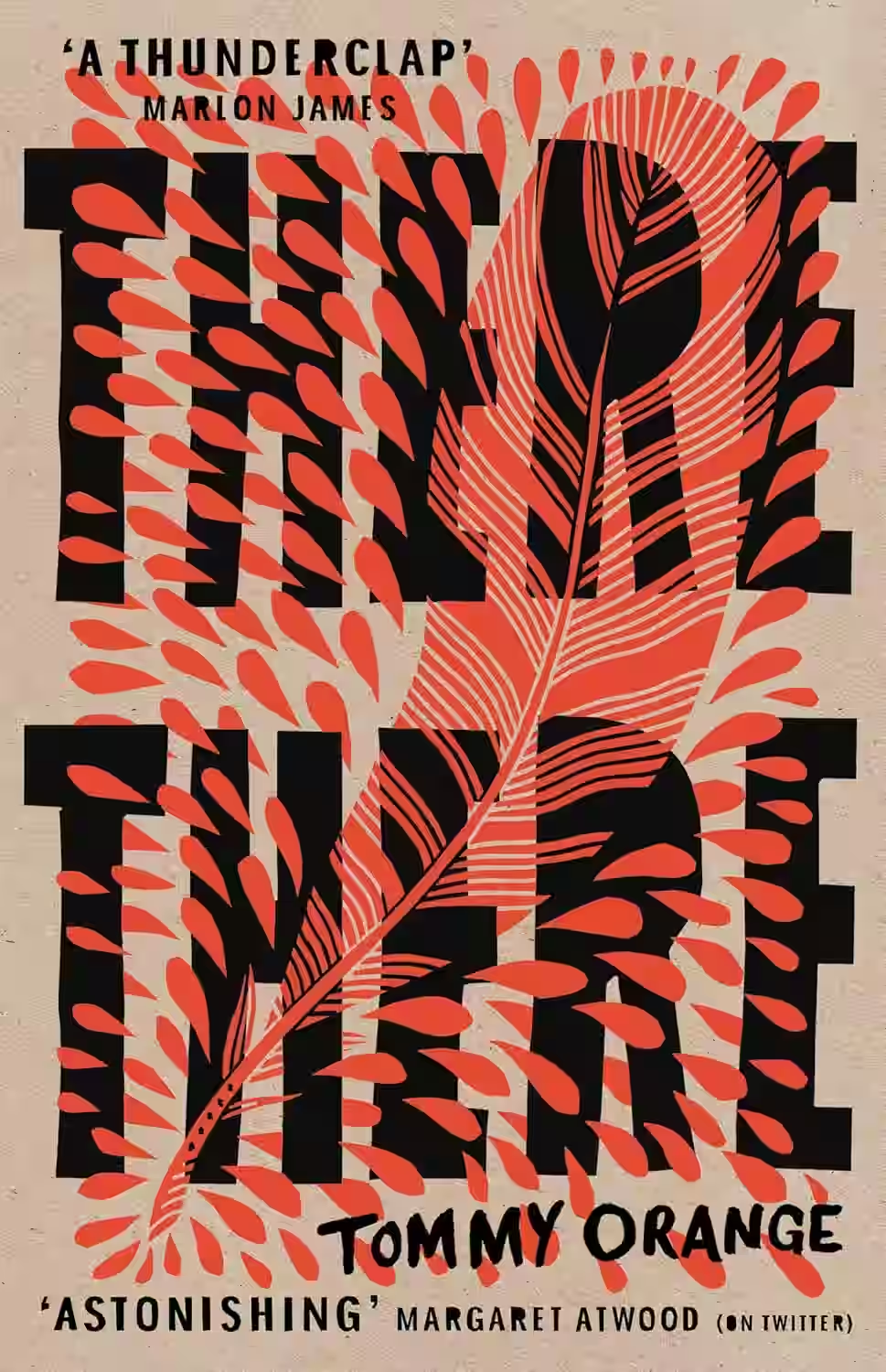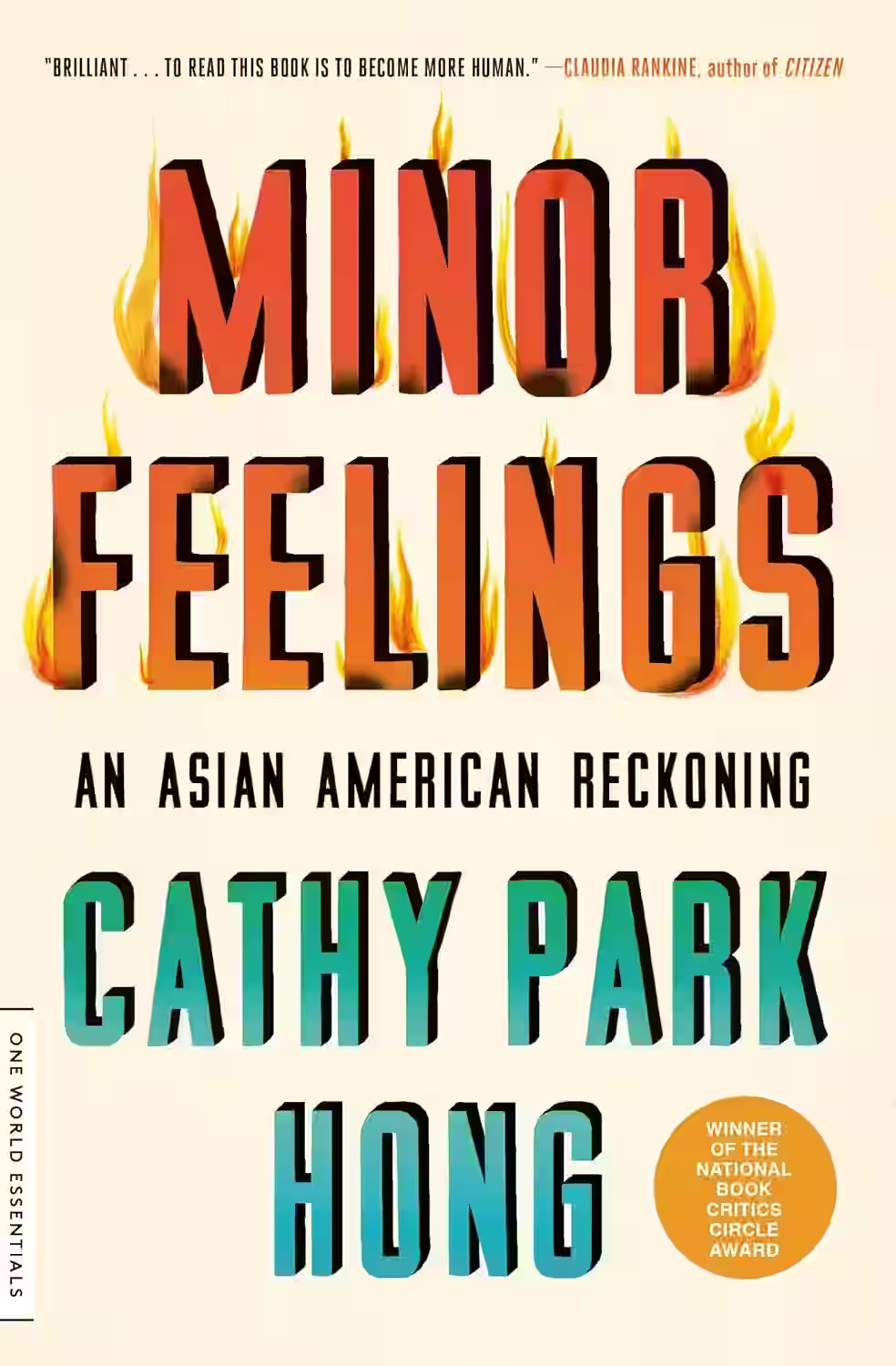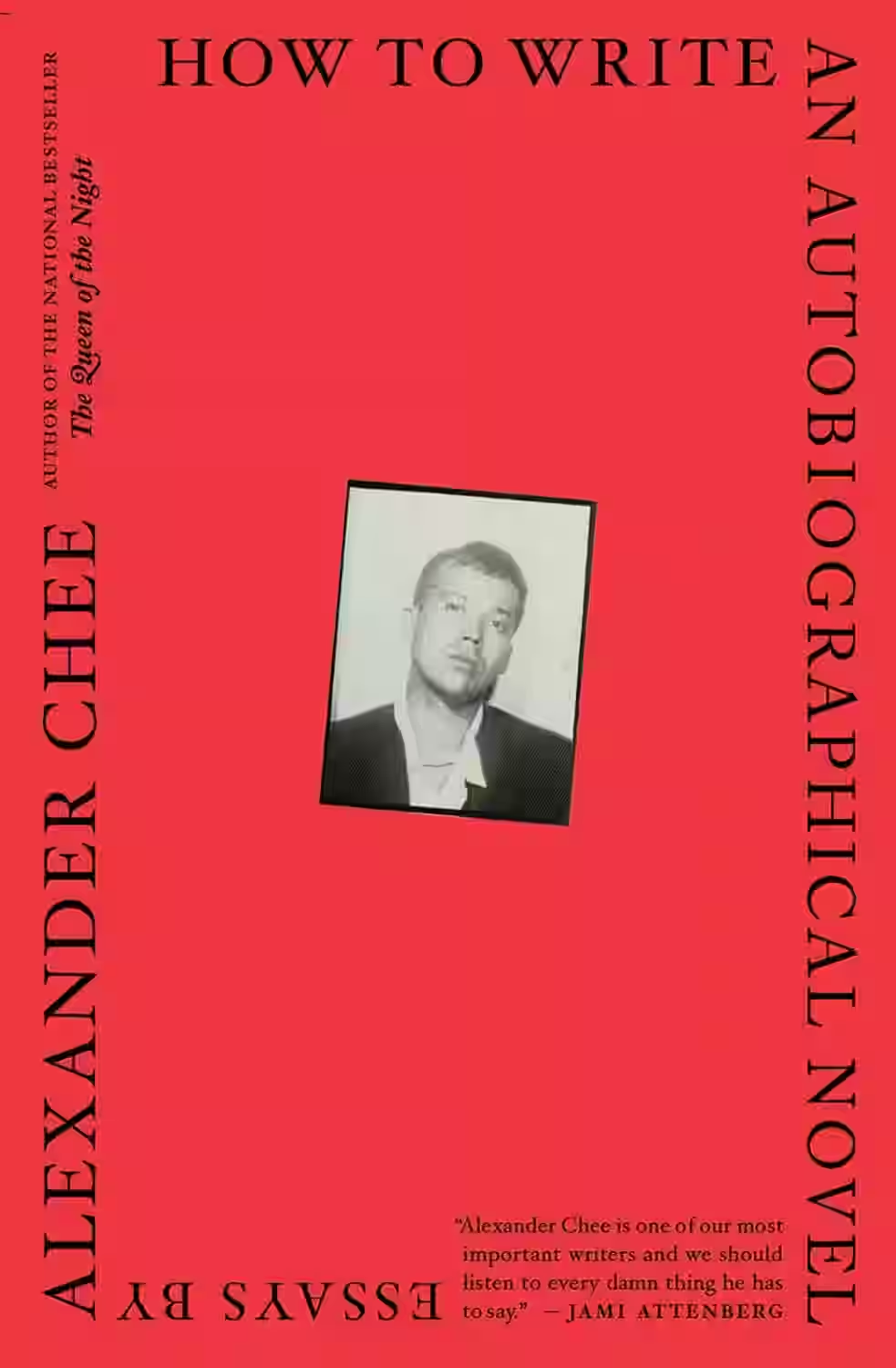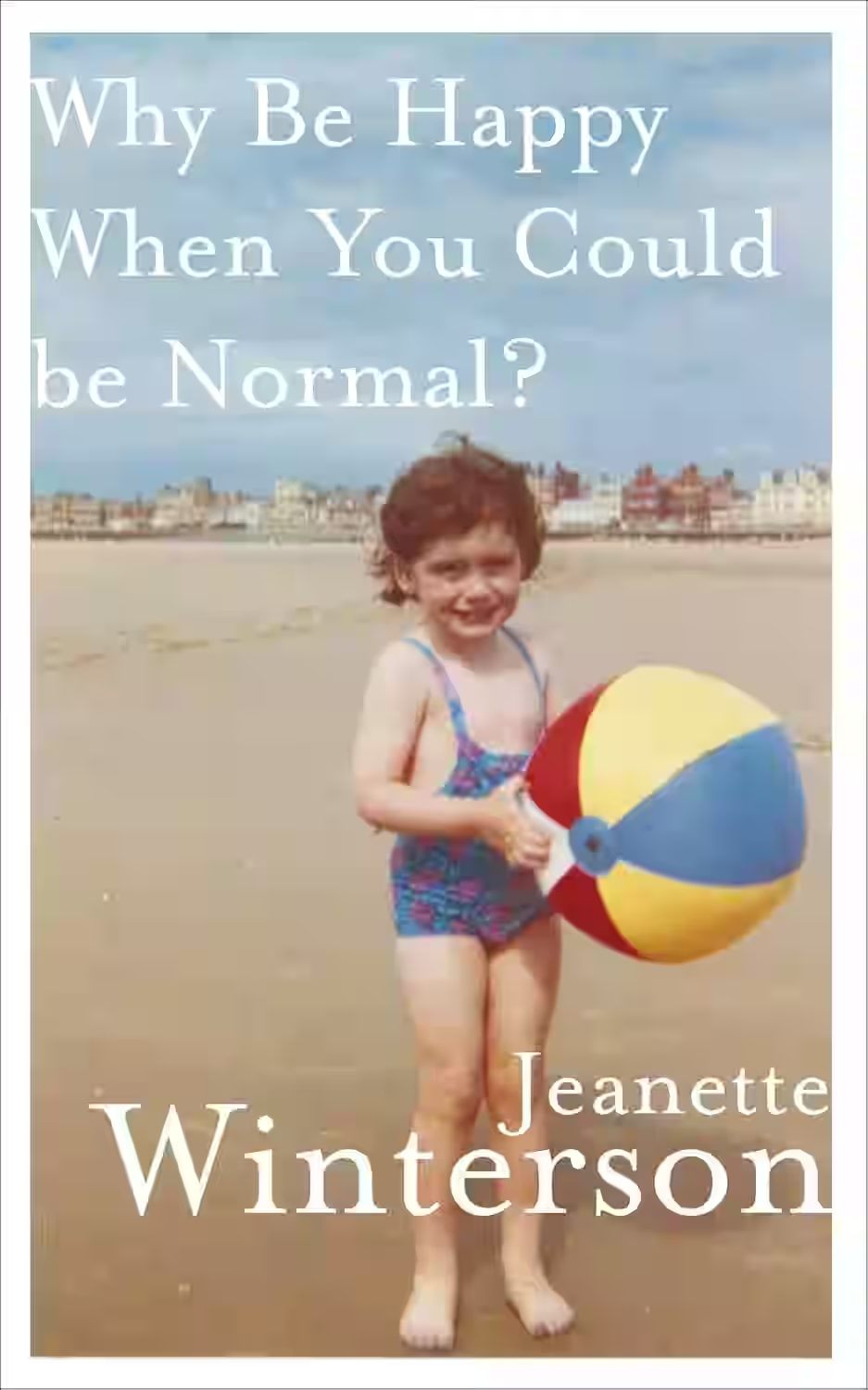Identity
Identity as a genre explores individual or collective self-discovery, belonging, and personal growth through characters' journeys of understanding who they are and their place in the world.

There There
by Tommy Orange
In 'There There' by Tommy Orange, the narrative weaves the lives of twelve characters of Native American descent in Oakland, each seeking identity and connection amidst urban complexities. Through interwoven perspectives, Orange explores the modern Native American experience, grappling with issues of ancestry, cultural erasure, and urban Native identity. The novel builds towards a poignant and powerful conclusion, as the characters' lives converge at a powwow, culminating in a profound exploration of heritage and belonging. Orange's prose is raw, honest, and poignant, shedding light on the resilience and struggles of Native communities. 'There There' is a thought-provoking and essential read that delves into the multifaceted layers of Native American identity.

Minor Feelings: An Asian American Reckoning
In 'Minor Feelings: An Asian American Reckoning,' Cathy Park Hong delves into the complex interplay of race, identity, and cultural belonging through a series of poignant essays that challenge conventional narratives. Hong fearlessly tackles the notion of 'minor feelings,' the racialized range of emotions experienced by Asian Americans, providing a raw and honest exploration of how stereotypes and biases shape their lived experiences. She delves into her personal journey, weaving together history, pop culture, and social commentary to offer a profound and thought-provoking reflection on what it means to be Asian American in a society marked by systemic racism and perpetual othering.

How to Write an Autobiographical Novel
In 'How to Write an Autobiographical Novel,' Alexander Chee delivers a collection of insightful and thought-provoking essays that explore identity, creativity, and the power of storytelling. Through personal anecdotes and reflections, Chee dives deep into his own experiences with topics such as politics, sexuality, and family, offering readers a poignant glimpse into the complexities of human existence. His prose is both elegant and emotionally resonant, drawing readers into a world where vulnerability and resilience intersect. This book is a testament to the transformative nature of writing and the ways in which it can help us make sense of our lives.

Why Be Happy When You Could Be Normal?
In 'Why Be Happy When You Could Be Normal?', Jeanette Winterson delves into her complex relationship with her adoptive mother, exploring themes of family, identity, and resilience. The memoir intertwines her tumultuous upbringing with her search for love and acceptance, ultimately leading to a powerful reflection on the importance of self-discovery and authenticity. Through lyrical prose and raw honesty, Winterson paints a vivid portrait of her journey towards understanding and forgiveness. This poignant and introspective narrative resonates with readers, offering a compelling exploration of the human spirit's capacity for healing and transformation.